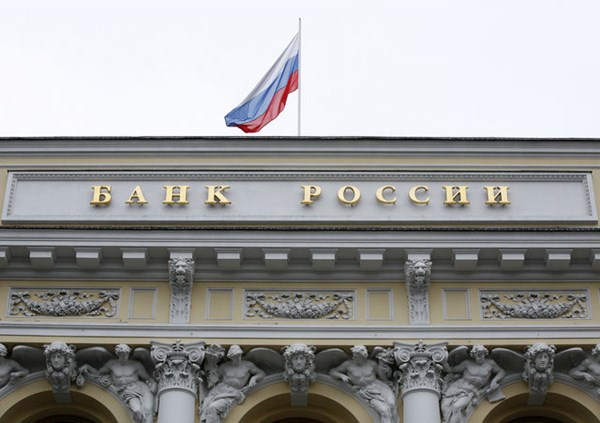Chinese banks say 'no' to Russian SWIFT alternative
While the Russian Foreign Ministry urges countries in Asia to abandon dollar and calls on China to say "no" to Western payment systems, the Russian SWIFT alternative, which was established five years ago, still can not attract a significant number of banks from China.
The Financial Messaging System of the Bank of Russia (FMS), which was established in 2014 after the annexation of Crimea and the collapse of relations with the West, was designed to ensure uninterrupted payments in the event of a SWIFT shutdown.
The system was launched in 2016, and two years later, Russian President Vladimir Putin signed a law allowing foreign participants to joint it.
In August 2019, Russian Deputy Finance Minister Minister Alexey Moiseyev announced the signing of a memorandum on including Chinese banks in the FMS and the beginning of consultations at the level of technical experts.
Almost two years have passed since the start of the negotiations, but only one Chinese bank has joined the Central Bank system during this time.
Only the Bank of China (AO) is on the list of 399 FMS participants published on the Russian Central Bank's website.
The large Western banks also did not show massive enthusiasm. Only a few foreign participants are registered in the system. Among them are Isbank (Turkey), MUFG Bank (Eurasia) (subsidiary of Japanese MUFG), Credit Agricole CIB (France), SEB Bank (Sweden) and Toyota Bank (Japan).
While Joe Biden's administration is defiantly sharpening the axe of sanctions, discussing measures from freezing the assets of Russian oligarchs to a ban on investment in Russian government debt, the Russian leadership continues to try to negotiate with China support in case of financial isolation.
Russian Foreign Minister Sergey Lavrov visited Beijing in late March and called for the creation of a "broad coalition of countries opposed to unilateral sanctions" and urged "to move away from the use of Western-controlled international payment systems." But he was not successful in moving the process forward.
“Russia and China will not take joint actions in response to Western sanctions,” Lavrov said after his visit.
He added that there is also no military alliance between Russia and China. "Our relations with China are very different than the relations of the classical military alliance. Maybe, they are even closer in a certain sense," Lavrov said.
The de-dollarization of Russian-Chinese trade, which Moscow has been calling for since 2014, also seems to remain only at the level of memorandums of understanding. The Moscow Stock Exchange does not see a significant inflow of yuan into the foreign exchange market.
The volume of trading of the yuan-rouble pair at the end of last year amounted to 258.2 billion rubles, or about 3.3 billion dollars, while the mutual turnover, according to the Chinese Customs, reached 107.7 billion dollars.
The annual volume of yuan transactions on the Russian foreign exchange market was more than 300 times less than dollar transactions.
